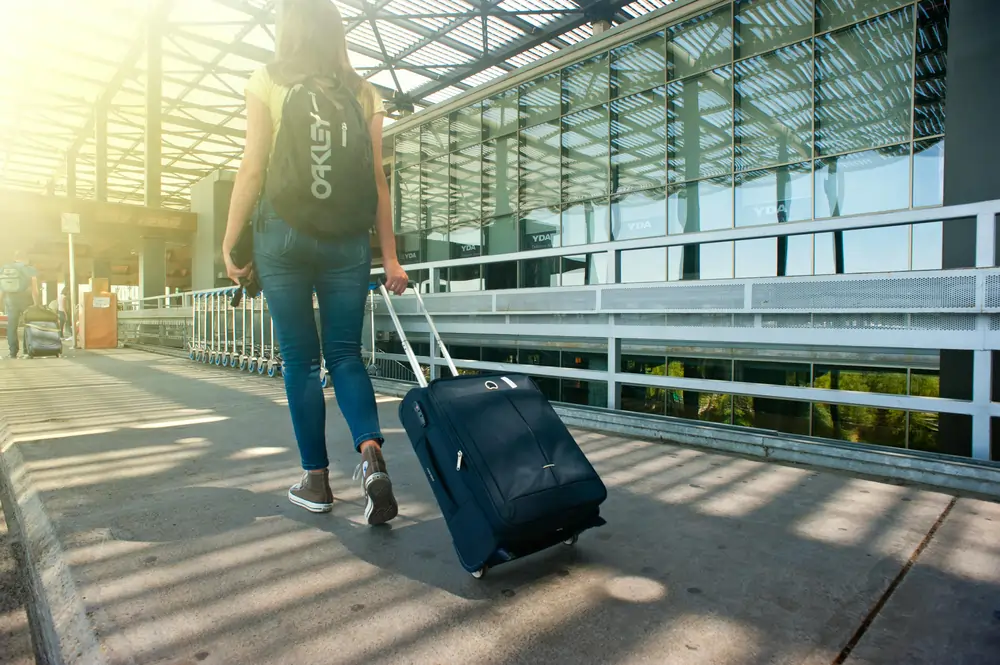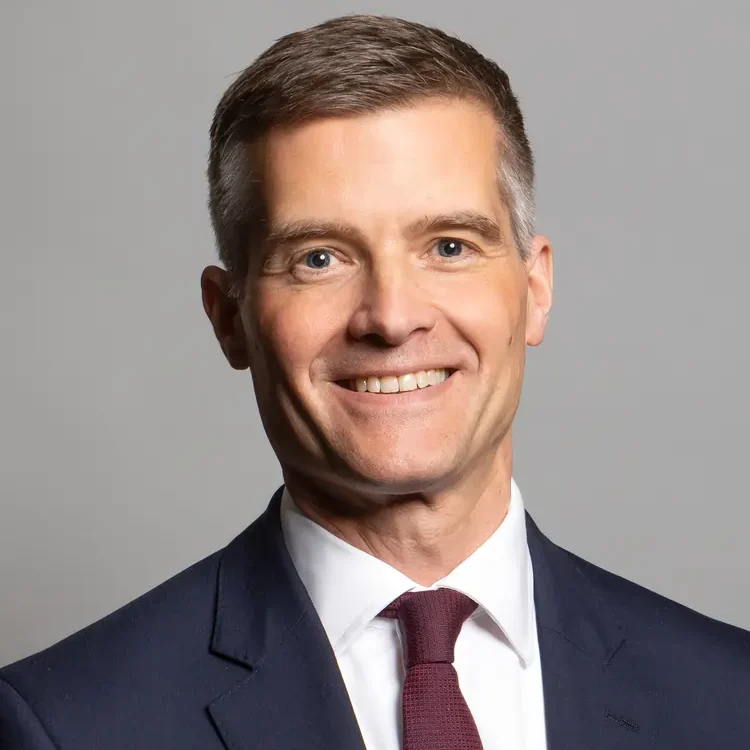UK airports’ u-turn on 100ml liquid rule

John E. Kaye
- Published
- Aviation, Home, News, Travel and Lifestyle

Six regional British airports will temporarily reintroduce restrictions on carrying liquids over 100ml, it has emerged
The change came into effect on Sunday 9th June 2024 and will affect travellers using London City, Newcastle, Southend, Leeds Bradford, Aberdeen and Teesside airports.
All six airports have Next Generation Security Checkpoints (NGSC) in operation, which had allowed them to scrap the rule.
The hi-tech CT scanners create a 3D image of what is inside passengers’ bags.
In a statement, the Department for Transport said: “From 0001 on Sunday 9th June 2024, 100ml restrictions on liquids will temporarily be reintroduced for passengers travelling from six regional airports where Next Generation Security Checkpoints (NGSC) are in full operation.
“This temporary move is to enable further improvements to be made to the new checkpoint systems and will only affect a small number of passengers. For most passengers, security measures will remain unchanged.
The 100ml rule was introduced in 2006 after a foiled terror plot to blow up planes flying from London to the US with homemade liquid bombs.
Transport Secretary Mark Harper, pictured, said airline passengers should “check with their airport what the rules are” on carrying liquids over 100ml amid some confusion over the restrictions.

He told BBC Breakfast on Saturday: “The announcement we’ve made, which comes into force from midnight tonight, actually only affects six regional airports and about 6% of those travelling.
“For most passengers, actually, the rules haven’t changed at all yet and won’t therefore change tonight. People should just check with their airport what the rules are or the processes are at a particular airport.
“We’ve reintroduced that rule while updates and changes are made to the scanning equipment at airports to make sure we can continue delivering our world-leading levels of aviation security.
“It’s a temporary measure and we’ll set out when that can be reversed in due course.”
Images © Richard Townshend/Wikipedia; Oleksandr P/Pexels
RECENT ARTICLES
-
 These European hotels have just been named Five-Star in Forbes Travel Guide’s 2026 awards
These European hotels have just been named Five-Star in Forbes Travel Guide’s 2026 awards -
 McDonald’s Valentine’s ‘McNugget Caviar’ giveaway sells out within minutes
McDonald’s Valentine’s ‘McNugget Caviar’ giveaway sells out within minutes -
 Europe opens NanoIC pilot line to design the computer chips of the 2030s
Europe opens NanoIC pilot line to design the computer chips of the 2030s -
 Zanzibar’s tourism boom ‘exposes new investment opportunities beyond hotels’
Zanzibar’s tourism boom ‘exposes new investment opportunities beyond hotels’ -
 Gen Z set to make up 34% of global workforce by 2034, new report says
Gen Z set to make up 34% of global workforce by 2034, new report says -
 The ideas and discoveries reshaping our future: Science Matters Volume 3, out now
The ideas and discoveries reshaping our future: Science Matters Volume 3, out now -
 Lasers finally unlock mystery of Charles Darwin’s specimen jars
Lasers finally unlock mystery of Charles Darwin’s specimen jars -
 Strong ESG records help firms take R&D global, study finds
Strong ESG records help firms take R&D global, study finds -
 European Commission issues new cancer prevention guidance as EU records 2.7m cases in a year
European Commission issues new cancer prevention guidance as EU records 2.7m cases in a year -
 Artemis II set to carry astronauts around the Moon for first time in 50 years
Artemis II set to carry astronauts around the Moon for first time in 50 years -
 Meet the AI-powered robot that can sort, load and run your laundry on its own
Meet the AI-powered robot that can sort, load and run your laundry on its own -
 Wingsuit skydivers blast through world’s tallest hotel at 124mph in Dubai stunt
Wingsuit skydivers blast through world’s tallest hotel at 124mph in Dubai stunt -
 Centrum Air to launch first European route with Tashkent–Frankfurt flights
Centrum Air to launch first European route with Tashkent–Frankfurt flights -
 UK organisations still falling short on GDPR compliance, benchmark report finds
UK organisations still falling short on GDPR compliance, benchmark report finds -
 Stanley Johnson appears on Ugandan national television during visit highlighting wildlife and conservation ties
Stanley Johnson appears on Ugandan national television during visit highlighting wildlife and conservation ties -
 Anniversary marks first civilian voyage to Antarctica 60 years ago
Anniversary marks first civilian voyage to Antarctica 60 years ago -
 Etihad ranked world’s safest airline for 2026
Etihad ranked world’s safest airline for 2026 -
 Read it here: Asset Management Matters — new supplement out now
Read it here: Asset Management Matters — new supplement out now -
 Breakthroughs that change how we understand health, biology and risk: the new Science Matters supplement is out now
Breakthroughs that change how we understand health, biology and risk: the new Science Matters supplement is out now -
 The new Residence & Citizenship Planning supplement: out now
The new Residence & Citizenship Planning supplement: out now -
 Prague named Europe’s top student city in new comparative study
Prague named Europe’s top student city in new comparative study -
 BGG expands production footprint and backs microalgae as social media drives unprecedented boom in natural wellness
BGG expands production footprint and backs microalgae as social media drives unprecedented boom in natural wellness -
 The European Winter 2026 edition - out now
The European Winter 2026 edition - out now -
 Parliament invites cyber experts to give evidence on new UK cyber security bill
Parliament invites cyber experts to give evidence on new UK cyber security bill -
 EU sustainability rules drive digital compliance push in Uzbekistan ahead of export change
EU sustainability rules drive digital compliance push in Uzbekistan ahead of export change



























